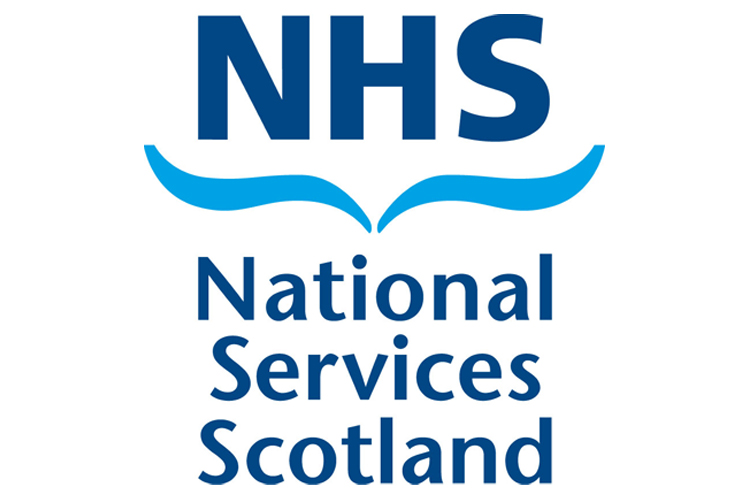First NHSScotland patients in a generation receive lifesaving UK plasma
The first NHSScotland patients in a generation have started to receive life-saving plasma derived medicines made from the blood of UK donors.
Published on 16 June 2025

Thousands of NHSScotland patients every year rely on vital human-donated plasma products, such as immunoglobulin and albumin, to save or improve their lives. Immunoglobulin is essential for patients who have immune deficiencies and rare diseases and can also be used in emergency medicine for childbirth and trauma care.
A longstanding ban on the use of UK plasma for the manufacture of plasma derived medicines was lifted in 2021 and in 2023 the Scottish Government funded the Scottish National Blood Transfusion Service (SNBTS) to deliver the Plasma for Medicines (PfM) programme. The programme allows for plasma collected from Scottish and UK donors to be made into vital immunoglobulin and albumin.
Saturday 14 June 2025 is World Blood Donor Day 2025 and Ms Jenni Minto, MSP, Minister for Public Health and Women's Health, highlighted the importance of the PfM programme.
She said: “The arrival of plasma products from UK donors is welcome on World Blood Donor Day and demonstrates the difference which donating can make.
“Patients reliant on donated blood plasma are often living with the most serious of health conditions, including immunodeficiencies. Some lifesaving medicines can only be made from human blood so I would ask people to seriously consider donating. It will help NHS clinicians ensure these vital medicines are available for those who need them.”
NHSScotland has collected over 22,000 litres of plasma from donors in Scotland for the programme since April 2024 and is working to achieve a level of self-sufficiency for 20% immunoglobulin and 80% albumin.
Prof Marc Turner, Director, SNBTS, said: “Due to the rise in global demand for plasma products, it was deemed necessary for Scotland, and the rest of the UK, to move towards becoming self-sufficient in the production of PDMPs.
“We are very proud that the work of the PfM programme means that the first UK-based plasma-products are being distributed to NHSScotland Health Boards and that these vital medicines will be available for those who need them.”
Ruth Fisher is a patient who receives plasma products as part of her treatment for primary immunodeficiency.
She said: "Starting the infusions was life changing. I went from a year of back-to-back chest infections, antibiotics and hospital visits to one infection in a year, which was unheard of. It means I can actually live, continue to work, and do things I enjoy, which felt impossible before. I was worried about moving my care to Scotland when I relocated from England, but the Immunology team and the Haematology Unit could not have given me a warmer welcome. They are my angels, and I would not have had such a smooth transition without them.
“I look forward to my infusions, as I get to catch up with the team on the unit, although we mostly talk about our current crochet projects. They remember the little things and check in regularly during the infusion, probably because they know I would just soldier on if I wasn’t okay.
“It is a privilege to be receiving some of the first UK-made immunoglobulin, and I am grateful for the quality it is giving to my life, and for the people who make it all possible."
Dr. Charu Chopra, Consultant Immunologist & Head of Speciality (Immunology) at NHS Lothian, explained the importance of UK plasma medicines for Ruth and other patients.
She said: “Immunoglobulin is a medicine made from plasma in blood donations. For many patients living with primary immune deficiency disorders, immunoglobulin is a life-long and life-saving treatment, and there is no equivalent alternative treatment in this setting.
“Having a sustainable supply of immunoglobulin is therefore essential, to enable us to deliver the care that is needed for our patients. I’d like to thank all our committed blood donors, who make it possible for us to have such treatments available to us.”
Plasma collection services in Scotland are currently being expanded to ensure that Scotland can move towards increasing its level of self-sufficiency and SNBTS is working to welcome another 1000 plasma donors this year.
Debbie McNaughton, Associate Director, Donor and Transport Services, said: “Thanks to the support and commitment of our donors, NHSScotland patients are receiving life-saving medicines made from UK plasma for the first time in a generation.
“Plasma makes up 55% of our blood and contains antibodies which strengthen or stabilise the immune system. It is used to save lives during childbirth and trauma and is used to treat thousands of patients with life-limiting illnesses such as immune deficiencies. These lifesaving medicines can only be made from our blood and we need more donors to help save more lives.”
To find out more about how to become a plasma donor, visit https://www.scotblood.co.uk/giving-blood/give-plasma/
For further information of the Plasma for Medicines programme visit https://www.nss.nhs.scot/blood-tissues-and-cells/plasma-for-medicines-pfm-programme/plasma-for-medicines-pfm-programme/ or NPPEAG – www.nppeag.scot.nhs.uk.
